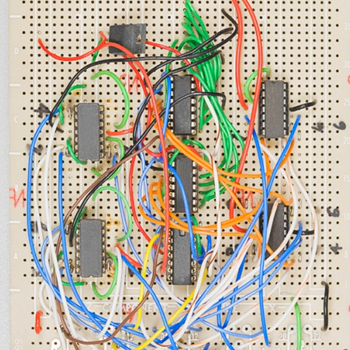Question #42814
1 Answer
Dec 20, 2017
The intrest will be
Explanation:
If the account pays
And, if the account pays the interest monthly, the interest he will have after a year is
So, what happens if the account compounds continuously?
The interest after a year would be
You know the formula
Then,
Therefore, the interest is

